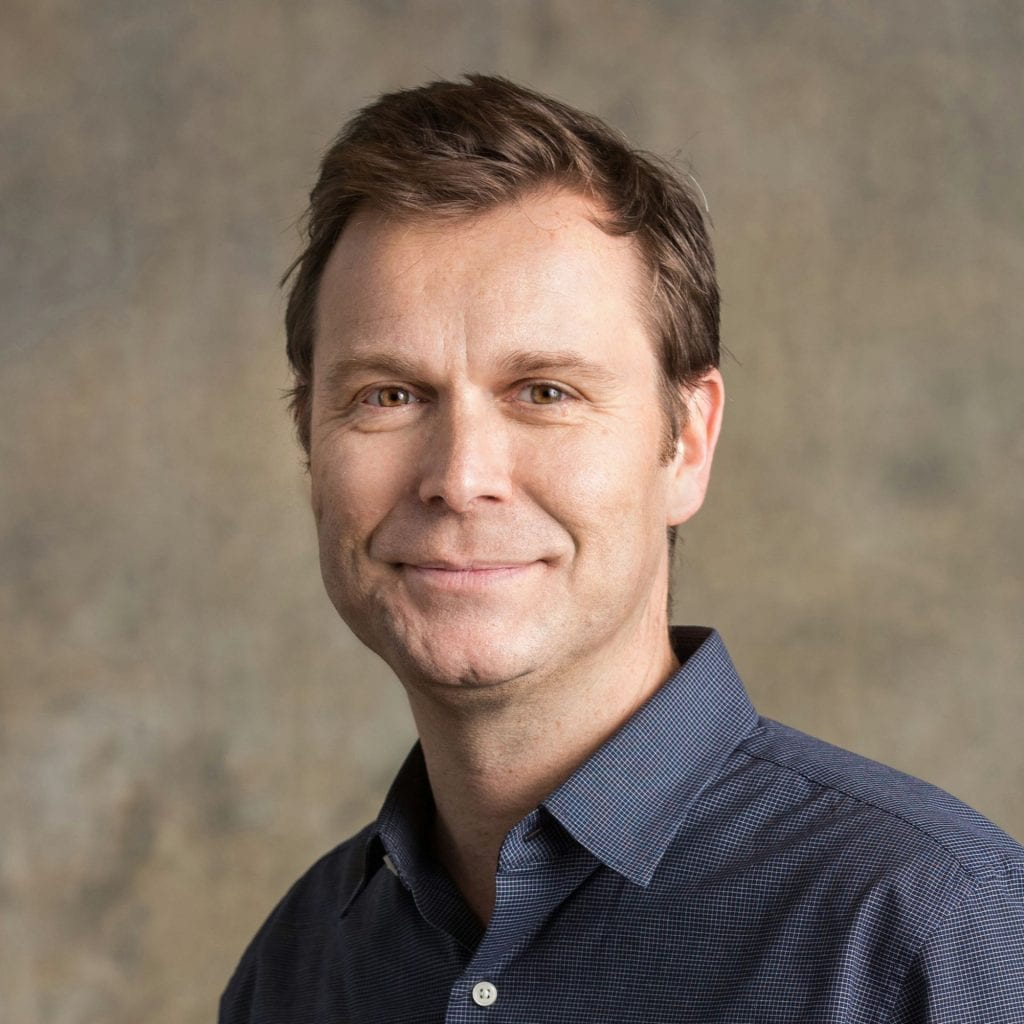
(Photo by Jean Lachat)
Luís Bettencourt will step down as Director of the Mansueto Institute for Urban Innovation, effective June 30, 2023. Bettencourt, the inaugural director since 2017, will return to his research program full time and remain Professor of Ecology and Evolution in the Biological Sciences Division and Associate Faculty in Sociology at the University of Chicago.
“It has been a great joy and privilege to work to build the Institute from scratch to what it is today,” Bettencourt said. “I am very proud of what we achieved in terms of our research, our partnerships, the excellence, and brilliance we brought to the University, and our community’s imagination for a booming field dedicated to fundamental discoveries about the human condition and to making the world a better place.”
Under Bettencourt’s leadership, the Mansueto Institute has become a central hub for urban science and practice at the University of Chicago, accelerating research, training, and innovation across the university and beyond to drive, shape, and sustain cities and create more sustainable futures. In his time as director, Bettencourt developed strong partnerships with academic units and researchers at the University of Chicago and initiated collaborations with civic, government, and nongovernmental organizations, corporations, nonprofits, and community groups to address common challenges and opportunities for cities. He also oversaw the design of the Mansueto Institute’s current space on 60th Street, where it relocated in 2021.
Bettencourt spearheaded many urban projects across the University of Chicago campus, including Environmental Frontiers, a collaboration with the University of Chicago College and Facilities Services dedicated to campus sustainability, and the annual South Side Civic scopeathon, a joint program of the Harris School of Public Policy and the Department of Computer Science. He has formed partnerships with UN-Habitat, Chicago and Cook County agencies, national laboratories, the Bill & Melinda Gates Foundation, Microsoft Research, the Santa Fe Institute, and many other organizations, to design collaborative strategies dedicated to innovative perspectives, research, and training on diverse problems of cities and urbanization.
Bettencourt cultivated many faculty-led initiatives at the university and will continue to lead the Million Neighborhoods Initiative, which is leveraging community organizations’ work and new data to create the first detailed maps of neighborhoods around the world, aimed at expanding access to basic services and promoting local human development. He also shepherded a partnership between the Mansueto Institute and the University of Chicago Law School to expand and redesign the Kreisman Initiative for Housing Law and Policy to support graduate student careers in housing and host an annual symposium.
Under his leadership as director, the Institute developed an integrated pipeline of education and training for emerging urban scholars, launching the Mansueto Institute Postdoctoral Fellows program and reinvigorating the Urban Doctoral Fellows Program. The Institute also created a new graduate certificate in Urban Science and Sustainable Development.
Bettencourt is widely known as a global leader in urban science and complex biological and social systems. He recently published a leading textbook for the field, Introduction to Urban Science: Evidence and Theory of Cities as Complex Systems. His research emphasizes complex systems theory and urbanization and the creation of new interdisciplinary synthesis to describe cities in quantitative and predictive ways, informed by classical theory from various disciplines and the growing availability of empirical data worldwide.
“Change is good and an essential prerequisite for progress,” Bettencourt said. “The experience of the last 5 years inspired me with many new ideas that I feel I must explore through a renewed research focus. Institutionally, I maintain great optimism for urban science, scholarship, and practice as foundations of the University of Chicago’s strength and identity. The Mansueto Institute has made this identity stronger by adding a diversity of new people, ideas, methods, and places to an extraordinary historical legacy. The Institute is in great shape, with wonderful and capable staff, a culture of inclusion and collaboration, a new beautiful space, and many successful programs. I look forward to its future developments following our new administration’s vision.”
Information about the search for the next Director of the Mansueto Institute will be forthcoming.
